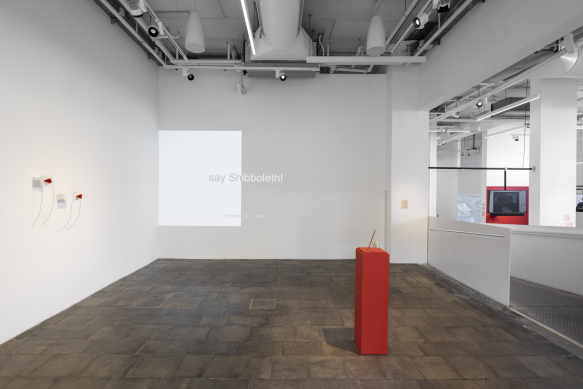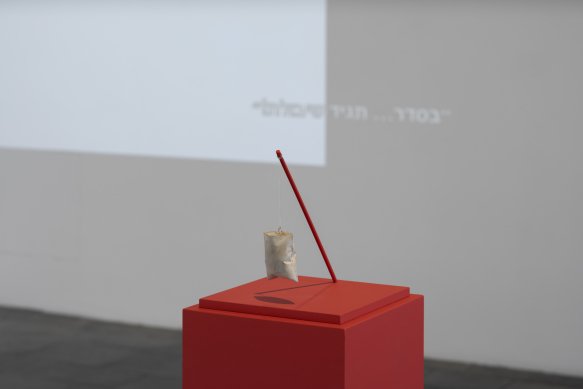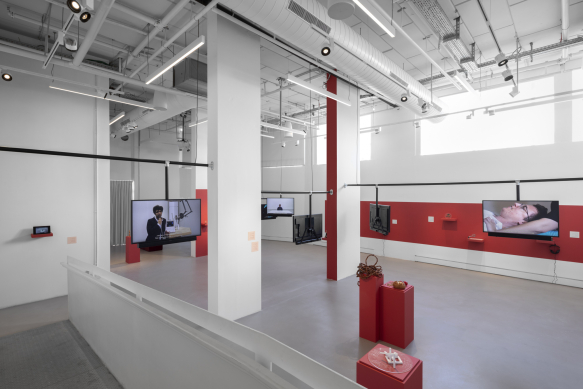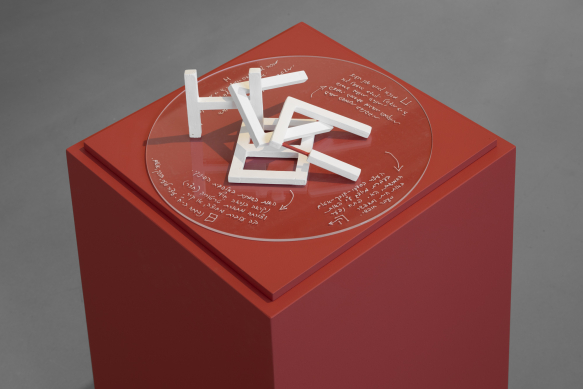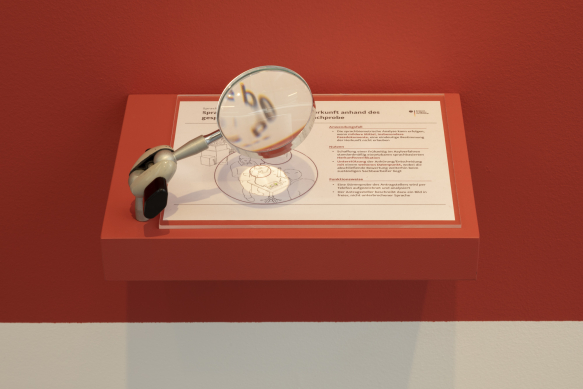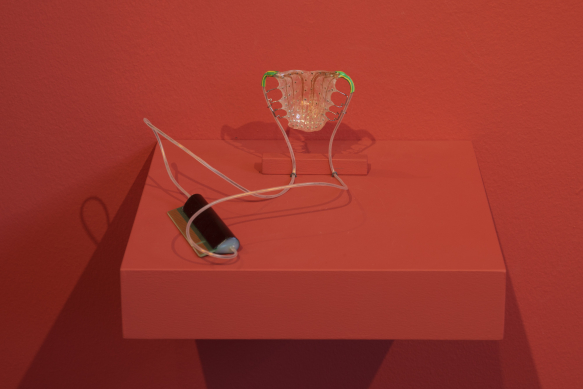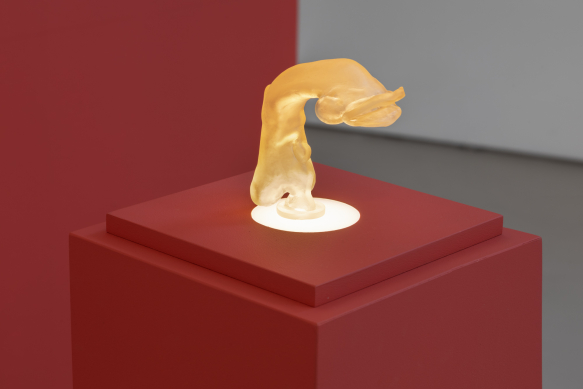And the Gileadites took the passages of Jordan before the Ephraimites: and it was so, that when those Ephraimites which were escaped said, Let me go over; that the men of Gilead said unto him, Art thou an Ephraimite? If he said, Nay; Then said they unto him, Say now Shibboleth: and he said Sibboleth: for he could not frame to pronounce it right. Then they took him, and slew him at the passages of Jordan. [Judges 12: 5–6]
Loose lips sink ships. So do the palate and the tongue. The way we move the different parts that make up our mouth, the way the air passes through the throat, the way we pronounce certain letters and words and put together sentences, the way we activate the hundred muscles required to produce a sound—is essential to our identity. But more than that, it is fundamental to the way in which others understand, hear, and judge us.
In biblical times, it was the word shibboleth (swirl), whose pronunciation sealed fates. The Ephraimites, who tried to escape back to their land during a war, pronounced this word with an S sound rather than SH. The Gileadites, who needed a ruse to identify them, ordered everyone who took the passages of Jordan to say the word shibboleth aloud. The men of Ephraim, who pronounced this word as sibboleth, were thus identified, captured, and thrown into the stormy waters.
In the 13th century, during the Sicilian revolution on the outskirts of Palermo, the local word for chickpeas – ciceri – was used as a test to identify the French conqueror who was hiding in the city. In World War II, the Dutch underground used the district name “Scheveningen” to identify German spies, and the way the letter H is pronounced was used during the Irish Civil War to distinguish between Protestants and Catholics. Now, Ukrainian soldiers use the word palyanitsya, the name of a traditional Ukrainian bread, to identify Russian soldiers posing as Ukrainians.
The practice of identifying a person based on the way he pronounces certain sounds did not, however, end with the group of armed men who stop you on the side of the road and ask you to say a given word. It has also passed through the bureaucracy and become assimilated into the system as a legal and legitimate mode of identification, when various countries in Europe began using it to determine whether or not the person standing before them without possessions, documents, or passport was indeed entitled a refugee status. The only thing left for him—the vocal ID he carries with him—now determines his fate. 70% Syrian vs 60% percent Iranian, traces of a Sudanese accent alongside an Eritrean vocabulary—indices that try to become measurable, a tangled personal biography rife with twists and turns, which is translated into a single label.
Effi and Amir delve into the depths of the technological world that surrounds the modern Shibboleth tests. Using scientific and medical tools, they tell the human stories of those whose identity has been deconstructed into their vocal apparatus and reduced to a single sound, which they can or cannot produce. They examine the way in which the system sees the individual as part of an array of characters and signs, and the persistent attempts to instill order and logic in an elusive reality and a world of fluid boundaries.
The work wanders between the different territories: the sonic, anatomical, and political, and between the diverse apparatuses by which the subjects are measured: the medical, scientific, and intuitive. From a Tibetan asylum seeker to an Iraqi refugee; from a transgender who undergoes voice adaptation to the checkpoint at the entrance to Ben Gurion Airport. The work moves back and forth between those producing the sounds and those who listen to them, between the accent we hear and the accent heard by the world, between the external border crossing point and the inner border that we carry with us wherever we go.
Read more

